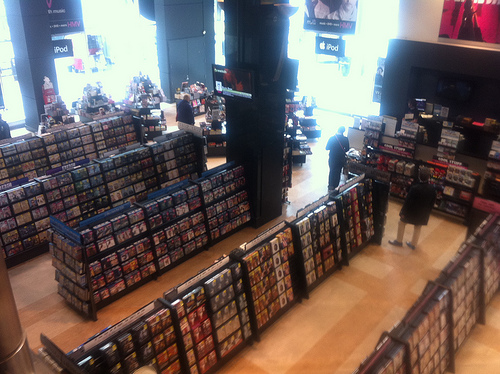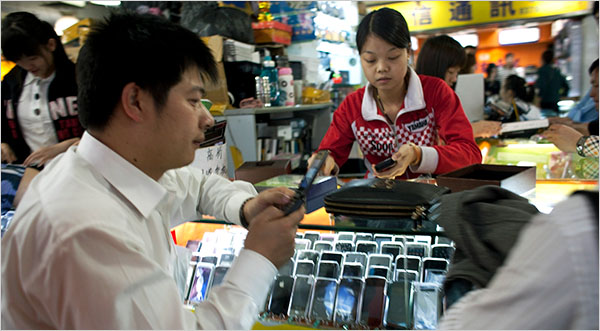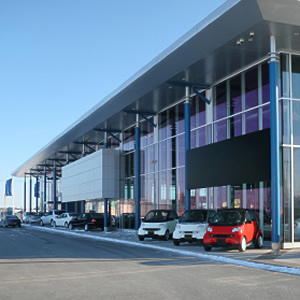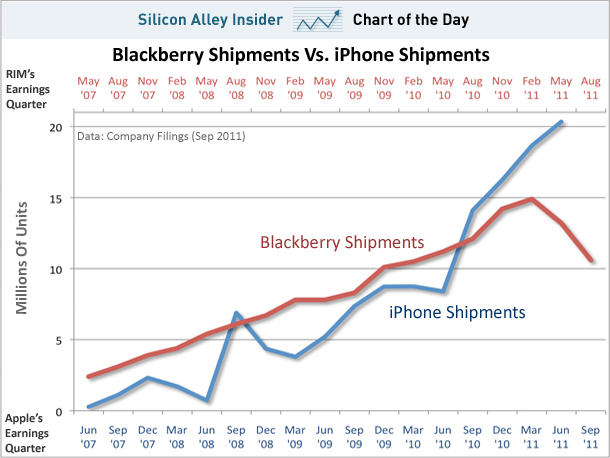HMV’s flagship Robson storefront is closing down. Nicole Dee writes that it will be downsizing to a space 80 to 90 percent smaller, as a result of the increasing digitization of the entertainment industry.
I agree that it has been quite surprising that HMV on Robson is only now closing down. Perhaps HMV thought that it would be able to keep up sales despite the increasing number of consumers who opt for iTunes rather than CDs. Or it didn’t have the foresight that this would happen, which is hard to believe given that the digital market for music has been long established and is continuing to grow rapidly. Record stores are largely going the route bookstores have been taking. There isn’t anything quite like turning the pages of a book or listening to a CD, but the convenience, usability and the potential of e-readers and Mp3 players have won over consumers.
I visited the HMV store this past weekend, and it was sad to see a downtown fixture closing forever. However, I think we can all agree that record stores, like bookstores, Justin Bieber, and a stable European economy, are soon all going to be a thing of the past.








